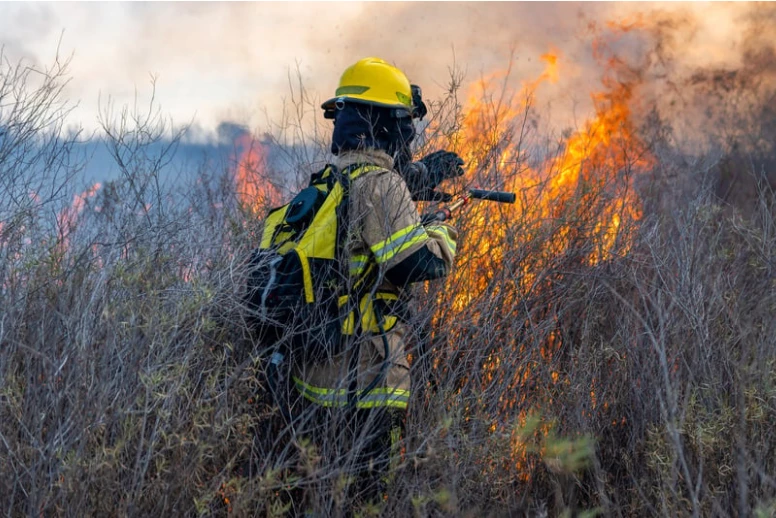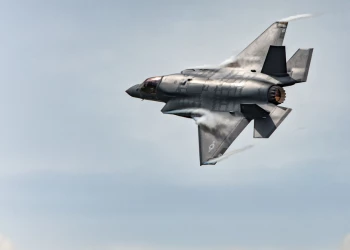How the Military is Training Next Generation Cyber Warfare Officers
Add bookmarkMore training classes and computer warfare exercises are being held at the U.S. military academies as the services prepare the next generation of officers for cyber warfare.
While the academies have been teaching cyber for a decade, the subject area has taken on a new urgency as cyber attacks have now been officially declared more of a threat than terrorism.
Director of National Intelligence James Clapper said last month: "Threats are more diverse, interconnected, and viral than at any time in history. Destruction can be invisible, latent and progressive."
Following reports earlier this year that linked a secret Chinese military unit to attacks on UI.S. companies, students at the Army, Navy and Air Force academies are busily ensuring they stay on pace with developments.
Related: DoD Making Headway on Cybersecurity Testing Challenges
According to the Associated Press, whose Twitter feed was hacked earlier this week, cyber is now seen as one of the hottest fields in the military, with would-be fighter pilots and engineers switching to computer science studies.
The U.S. Naval Academy in Annapolis, Maryland, for example, began requiring freshmen to take a semester on cyber security, adding a second required cyber course for juniors the following year.
Cyber operations was offered a major for the first time this year to the freshman class, with 33 midshipmen signing up for it.
The academy's superintendent, Vice Adm. Michael Miller, told AP: "There's a great deal of interest, much more than we could possibly, initially, entertain."
About 25 cadets will graduate from the Air Force Academy this year with a computer science-cyber warfare degree, with some of going on to advanced studies and work in their service's cyber headquarters or for U.S. Cyber Command at Fort Meade, Maryland.
Meanwhile at the U.S. Military Academy at West Point, New York, almost every Army cadet takes two technology courses related to such topics as computer security and privacy.
Related: Cyber Security for Government Event
In his congressional report, Mr. Clapper noted that the distinct possibility of cyber attacks in retaliation to U.S. policies and actions overseas in the near future. To counter such threats, Gen. Keith Alexander, head of U.S. Cyber Command, told Congress last month that the command is creating teams to carry out both offensive and defensive operations.
Cyber activity is the focus of IDGA's Cyber Security and Network Defense summit being held in June. For full details, go to www.DefenseCyberSecurity.com
[inlinead]









